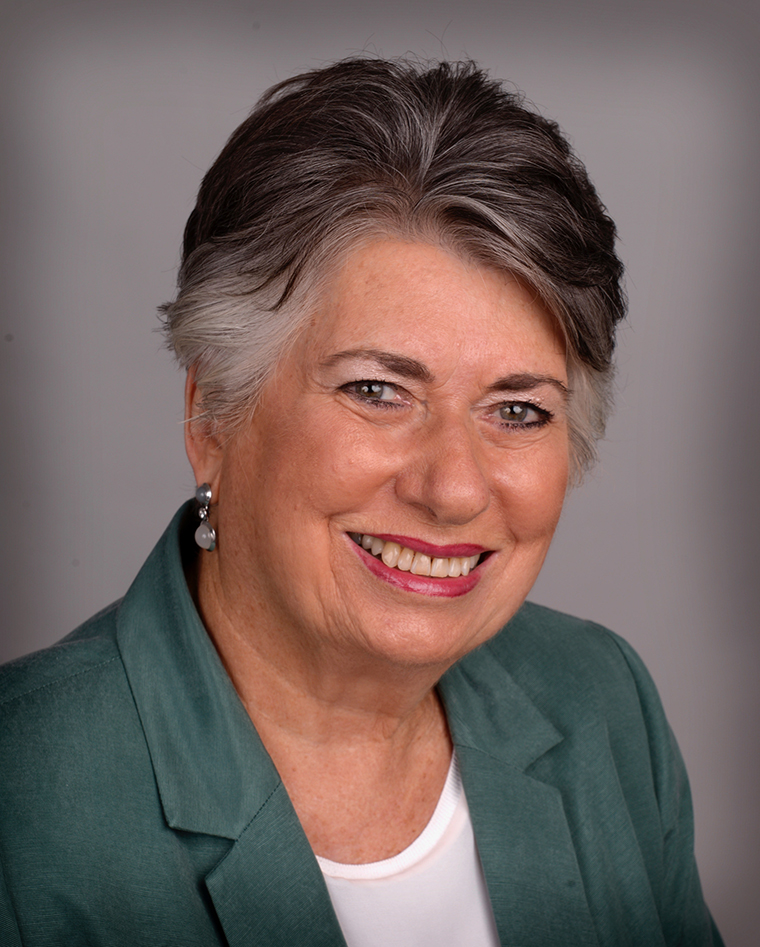The district’s key challenges include busted and bursting water pipes, non-compliant sewerage systems, roading resilience under climate change challenge, seriously lagging flood mitigation and control work.
South Wairarapa’s first mayoral candidate to announce starts talking right there.
“I’ve always been a bit of an infrastructure nerd. I’ve done a lot of work in that area and not just in local government,” Dame Fran Wilde told The Star.
“It’s (infrastructure) so important for any community so we have to get it right. It will be top priority for me – and the rates issue flows out of that, in terms of what that means for what everyone is paying (in rates).
“It means that we can’t ever get low rates at present but we don’t want them sky-high either.
“I am very committed to having long-term debt so that this generation doesn’t pay for future generations.”
New Zealand prolongs the life of key infrastructure, some of it for up to 100 years.
“Infrastructure is a fundamental issue in that the rates issue is connected to infrastructure. We eke it out so we should have debt on that infrastructure for a long period of time so that the future generations that are using it are also paying for it.
The Star: “So you don’t front-end load it (debt payback)?
“No, definitely not. This generation should not be paying for all the infrastructure for the next three or four generations.
Infrastructure and its impact will dominate the political discussion “for many years to come. This is going to be a very long work programme to get through.”
Wilde was critical of recent councils and their slow decision-making.
“As a general comment, they (council) have to make decisions faster. They appear to be very slow decision-makers and that’s not just this particular council or this term – it’s always been the case here.
“But that’s not working in today’s world and they have to be faster and fact-based in their decision-making. (Decisions) have to be based on data and taking in what people want, but also understanding that not all the population know what they want.”
She pointed to the issue of traffic calming following the recent fatal bike vs car crash on Puruatanga Road as another example of slow decision-making.
“I am deeply mystified why nothing has been done about this in the last several years. I understand the topic has been looked at on and off for a long time now.
“Martinborough is an important tourism area for us … and it’s critical that tourists who come here feel safe and are safe,” the former Tourism Minister said.
“I’m a great fan of having roads listed as shared areas – people safe areas – and cars should drive there too. I’m not saying create expensive cycle lanes … we don’t have the money for that. Just say to cars (drivers) ‘if you go down that road it’s 20 kph and if you don’t want to drive 20 kph then go down another road.’”
“I can’t see why it can’t be done – but it hasn’t been done. That’s an example of slow decision-making –which probably is not to the benefit of the people or the economy.”
Responding to the government directive that six weeks more consultation is needed for any road speed changes, Wilde said: “Six weeks is a small price to pay compared with the six years or whatever it’s taken so far to make a decision. “Have an election, and with a new council it could be done by the end of (next) summer.
On the new requirement for a “business case” to be made in support of any road speed change, “the information compiled so far could be scooped up and written up as a case – and I’m sure our tourism industry and the wine industry would be very happy to help with the development of the business case. It wouldn’t take very long at all.”
The Star: So what is at the top of your list for action?
“Water and waste water, they’re hand-in-hand. You can’t really separate them. People need safe potable water and we need to get rid of our waste-water.
“But … as I don’t have the data yet, I don’t know whether we need everything we’ve got (in water and waste water plants and delivery systems) or whether there are other ways of doing things.
“For example I’ve always wondered why Greytown is not sharing Carterton’s facilities, that there isn’t an agreement between the councils, as Greytown and Carterton are quite close together – they’re only a few minutes drive away.
“There is perhaps no reason they shouldn’t have shared – except, perhaps, politics. So we’ve got to take politics out of things and make sensible long-term decisions on infrastructure.”
The Star: Does that means amalgamations?
“Not necessarily. The mayors have certainly been talking about that … they’re (talks are) on and off, but they can easily do shared services.
“Sharing and collaborating is quite easy to do if you have the political will – and you can still have three mayors and three councils – but let’s get on at doing things together so we’re actually providing better services and more cost-effective services than we are now,” she said.
“Replicating everything doesn’t make sense. They are sharing some things – there has been a huge change in the past few years and I’ve been delighted as a resident and a ratepayer – but we could do more.”



